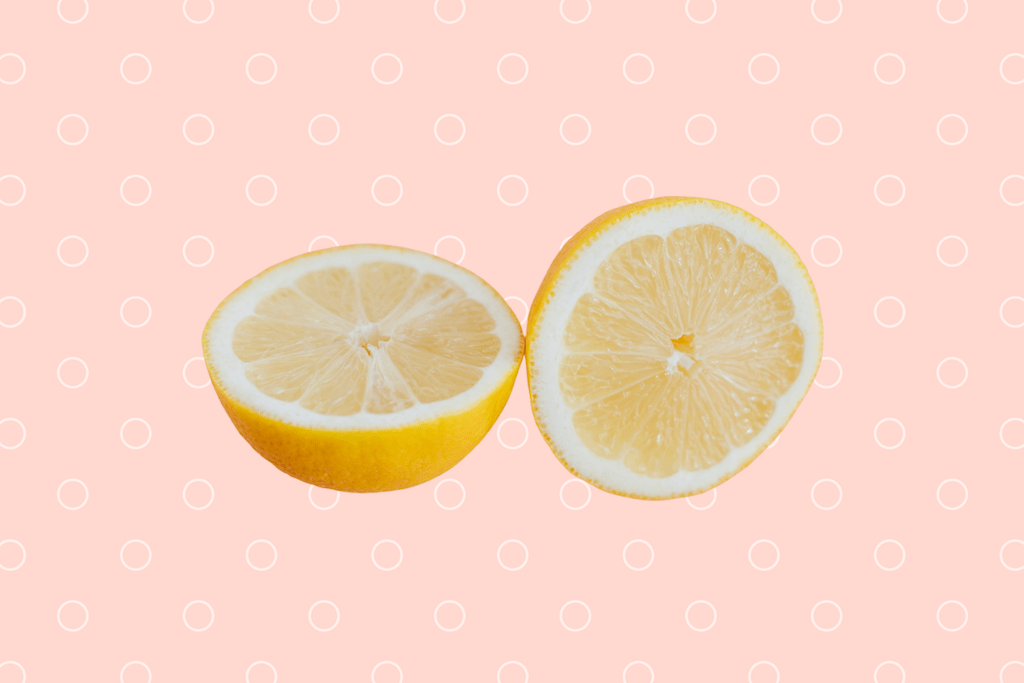Phew; do you feel that chill finally in the air? That raw, biting kind which herlads the start of winter proper? About time, we think…
The changing of the seasons and the arrival of winter heralds many things; a nostalgic pining for spring and summer, an increased intake of mulled wine and mince pies, a renewed love of cosiness, and a concerted effort to look on the brightside regarding hearty stews and cold weather fashion.
On a more biological level, the onset of winter, with its colder days and darker nights, can also lead to changes in our nutritional needs. A shift in humidity, temperature and sunlight may bring about seasonal colds, skin problems, reduced energy levels and a general feeling of malaise, but fortunately, much of these afflictions can be tackled via simple, honest nutrition.
With that in mind, here are 5 vitamins and minerals you especially need in winter.
Vitamin D
A lack of Vitamin D in the darker months is an issue for millions of Brits. It makes sense, then, to ramp up the elements of your diet which can bring that elusive D in the requisite amounts. Here, oily fish is your friend, particularly salmon and trout, but also mackerel, anchovies and sardines, and is the best source of the good stuff. Getting your dose shouldn’t cost you a packet; check out our guide to the best tinned fish recipes for more.
That said, during autumn and winter, it can be hard to get the requisite amount of Vitamin D from diet alone. Accordingly, the NHS suggests that ‘’everyone over the age of 5 years (including pregnant and breastfeeding women) is advised to consider taking a daily supplement containing 10 micrograms (μg) of vitamin D’’, between late September and late March. It’s recommended that babies, children up to the age of 4, and those who aren’t often exposed to the sun should take this amount year round.
Where to get it: Oily fish, red meat (particularly liver) and egg yolks, as well as vitamin supplements, of Vitamin D3, particularly.
As the suppliers of reputable gummy-based supplements Chewwies tell us, if you are going to use supplements, it’s essential that you scrutinise the ingredients to ensure you’re not inadvertently ingesting excess sugar, fillers, colouring, preservatives and gluten.

Zinc
Another essential nutrient that plays a key role in boosting immunity and helping wound healing is Zinc. This is why you’ll find the presence of the nutrient in throat lozenges, with studies suggesting that Zinc helps shorten the duration of colds.
The recommended intake of zinc per day is 9.5mg for males and 7mg for females, with 25mg the daily limit for both groups. Again, you should be able to get that recommended dose via diet alone, though some people with chronic conditions that lead to zinc deficiency may benefit from a supplement.
Where to get it: Dairy, eggs, red meat, nuts
Read: 6 delicious foods that are high in zinc
Vitamin C
As we all know, the changing of the weather associated with the beginning of autumn often sees with it the arrival of seasonal colds and flus, and this year, with immunity weakened from time spent indoors, many are reporting the severity of these colds is worse than ever.
Vitamin C is considered a superhero of the nutrient world. It’s a powerful antioxidant that helps strengthen your body’s natural defences and contributes to immune defence by supporting cellular function required to battle illness.
You should be able to get sufficient Vitamin C from diet alone without the need for supplements. In fact, overdoing the vitamin (more than 1000mg a day) through supplementation can lead to unwanted effects such as diarrhoea and flatulence.
Where to get it: Citrus fruit, broccoli, brussels sprouts, peppers, strawberries

Vitamin B Complex
Vitamin B complex refers to a collection of 8 vitamins which fall under the ‘B’ category and are beneficial to the body and brain in myriad ways. Often referred to as the ‘building blocks of a healthy body’, B vitamins have a direct impact on cell metabolism, brain function and energy levels, the latter of which often takes a pretty dramatic dip as the colder months roll around.
Generally speaking, older adults and pregnant women require higher doses of B vitamins, and may need to supplement their intake. For most people, diet alone should see sufficient access to Vitamin B complex, with their presence appearing in a wide range of ingredients. As such, it’s best to focus on enjoying a healthy, balanced and diverse diet rather than targeting specific food groups for these vitamins.
Where to get it: Dairy, eggs, offal, meat, shellfish, oily fish, dark green leafy vegetables, nuts, seeds, beans, citrus fruits, whole grains and cereals
Omega 3
Omega 3, once the preserve of your grandfather’s ageing, aromatic bottle of cod liver oil, is considered to be one of the most important nutrients around, contributing to better eye and heart health, leading to stronger bones and joints, and potentially helping with clearer, more radiant looking skin, too.
But that’s not all; oily fish isn’t referred to as ‘brain food’ for nothing; ‘’Omega-3s help build membranes around each cell in the body, including the brain cells. They can, therefore, improve the structure of brain cells called neurons’’, according to Medical News Today.
For those feeling sluggish and uninspired by autumn, Omega 3 could help. Importantly, for vegans who get little of this nutrient from their diet, supplementation sourced from algae could be necessary. Though Omega 3 is present in flax and chia seeds, walnuts and soybeans, its levels aren’t nearly as high as in oily fish.
Where to get it: Oily fish, shellfish, flax and chia seeds, walnuts, soybeans

No Beating A Balanced Diet
The NHS advises that ‘’Most people do not need to take vitamin supplements and can get all the vitamins and minerals they need by eating a healthy, balanced diet.’’
That said, they go on to say ‘’The Department of Health and Social Care recommends certain supplements for some groups of people who are at risk of deficiency.’’
This is particularly true in cases of patients who are at risk of certain deficiencies, such as folic acid for pregnant people, vitamin D for the whole population in the darker months, and vitamins A, C and D for young children.
Harvard Health concur. While cautioning that “supplements are never a substitute for a balanced, healthful diet”, they do suggest that supplementary vitamins play a role for high risk groups.
*This article is not intended to replace medical advice, diagnosis or treatment given by a qualified health professional. Instead, this article only provides information, not advice. For any medical or dietary enquiries, always consult your GP first*





